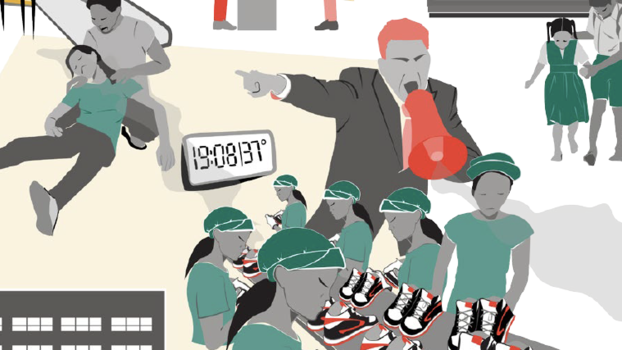
Social relations in the Mekong delta region were already being radically reorganized to expand production of commodities, deepening the rift between humanity and nature, before the COVID-19 pandemic began. The capitalist transformation of the region generated profits for big firms, investors, and traders, allowing some to grow rich and powerful while others remain marginalized and impoverished. It also contributed to deforestation, pollution, and ongoing immiseration for workers. For the poor, on the other hand, the benefits were slim—on the whole, the process of unequal exchange that capitalism unleashed boosted inequality and heightened contradictions in the region.
Charlie Thame is an Assistant Professor of International Relations at Thammasat University in Bangkok.
This already strained situation has been exacerbated by the explosion of the COVID-19 pandemic. Although the nations of Southeast Asia have done a much better job containing the pandemic than their Western counterparts, the social and economic impacts of containment measures have been devastating for workers across the Mekong region and threaten to have long-lasting negative impacts on the living standards of millions. The looming danger of a second wave, coupled with the economic impact on precarious workers, threatens to further entrench social division even long after the virus has gone.
Two new publications from Charlie Thame published by the Rosa-Luxemburg-Stiftung’s Hanoi Office, Expropriation, Exploitation and Unequal Exchange and Corona Crisis in the Mekong, take a closer look at the transformation of the Mekong region in recent years, laying out what capitalism has done and continues to do to the social structure in Southeast Asia, and what the COVID-19 pandemic will mean for this dynamic in the long term.